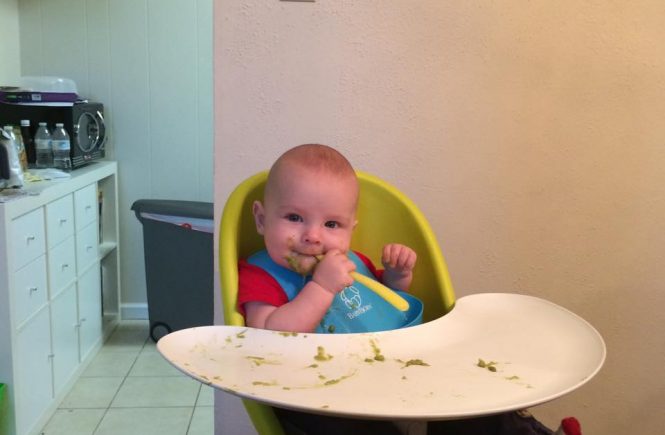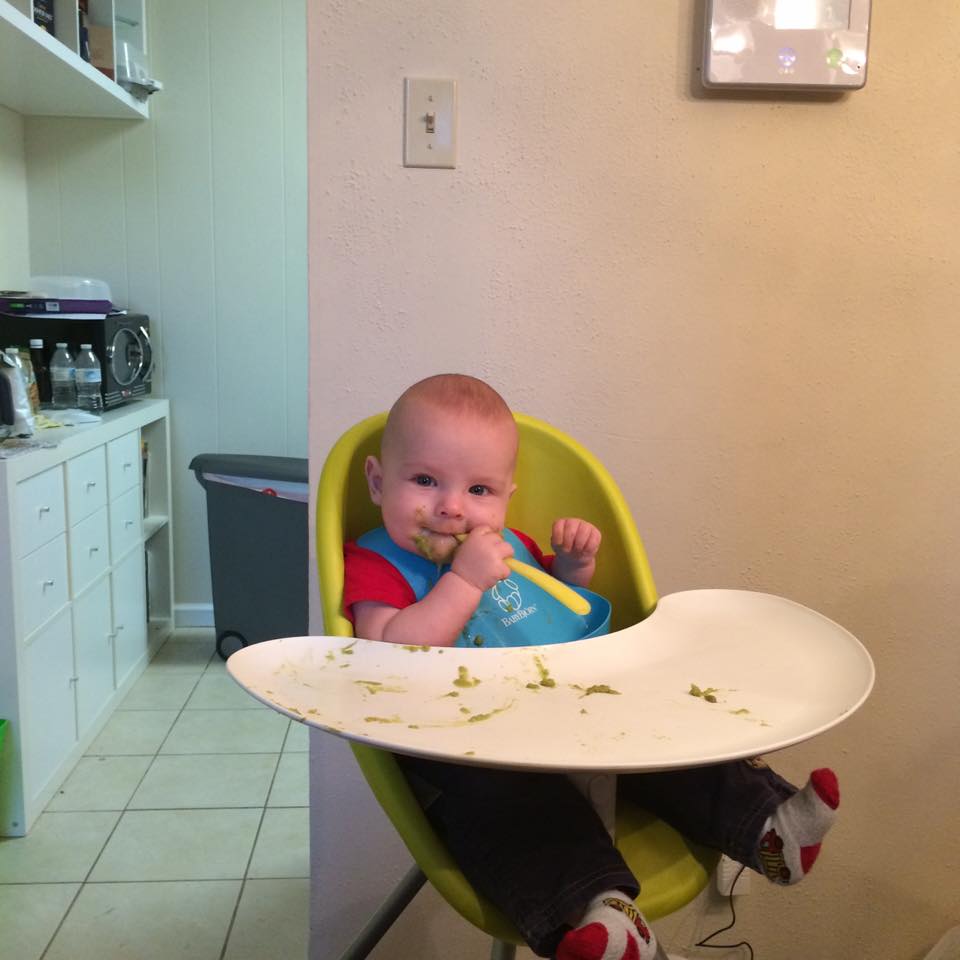Feeding for a newborn baby is like a dancing sequence where mom and dad see baby signaling that he is ready and responding by bringing baby close. Learn these cues and feedings go much smoother.
Why I love La Leche League
La Leche League is a group of breastfeeding mothers that support other breastfeeding mothers. La Leche League is an international group with many local chapters all over the US. They support breastfeeding mothers by phone, online, local facebook groups, and local meetings. They provide women with encouragement, support, education, and a better understanding of what is normal. La Leche League does their work by having mothers help mothers. Most La Leche League leaders are not trained professionally but are experienced breastfeeders and do go through an accreditation program and stay up to date by attending trainings and reading current articles on breastfeeding to continue and expand their knowledge.
Since before my child was born, I started attending a local La Leche League meeting. These meetings have been a big part of helping me with my breastfeeding relationship. The mothers that I have met through La Leche League have helped to form me in to the mother I am today. They are a part of my support network. I often turn to my local La Leche League group when I have questions or concerns about Timothy. And they don’t have to be strictly about breastfeeding.
I love how La Leche League is so welcoming. All the regulars at the meetings know how hard breastfeeding can be and are there to help other mothers out. It is great to hear stories of women’s struggles and successes. Others come to gain support that they may not have at home or to strengthen the support they have. Some women come to our meetings regularly and others only a few times. Seeing other moms nursing their babies and going through the same things that I am going through helps to normalize breastfeeding. It is one thing to hear breastfeeding is normal but it is a whole other thing to hear a room full of mothers say they have gone through what you are going through now.
If you feel like you are in need of more support please consider checking out a local La Leche League meeting. Pregnant and nursing mothers are welcome along with nurslings and siblings as well. These meetings are free and you do not need to become a member to attend. If you are interested in attending a local meeting or finding out more information about La Leche League you can find it here http://www.llli.org/.
La Leche League meetings are only one part of my support network for helping me to breastfeed. As with anything in life the more support you get the easier it is to do. What makes up your support network?
-Emily Garrison
photo credit: New moms participating in a group discussion with WIC counselor via photopin (license)
Latching is like eating a fully loaded hamburger.
Moms often state they stopped breastfeeding because they had trouble getting baby to latch onto the breast. This video helps Dad to understand the latch-on process so he can assist and encourage Mom to succeed in this basic skill.
Weaning
Weaning is whenever a baby starts eating food other than breastmilk or formula. The WHO (World Health Organization) recommends exclusive breastfeeding for the first 6 months of age and continued breastfeeding with complementary foods up to two years of age or more. The AAP (American Academy of Pediatrics) also recommends exclusively breastfeed for the first 6 months with babies beginning complementary foods and continuing to breastfeed for a year or more.
So what does this really tell us? It is best for babies to breastfeed. But we can’t breastfeed forever. It is best to wait until your baby is 6 months old before introducing any other foods. Your baby should be able to sit up on his/her own. Your baby must be able to move food from the front of the mouth to the back and have lost their tongue-thrust reflex. Lastly, your baby must be able to refuse food, normally by closing his mouth or turning his head away. If you wait until 6 months, it is most likely your baby will have reached these milestones (it is better to wait to start weaning if your baby is sick). This process of weaning is a slow process taking 6 months to 1 ½ years sometimes even longer. At this point your baby will stop nursing or you will have stopped giving formula.
I am about to start this journey. Timothy turns 6 months this Saturday and we are planning to give him avocados. I hope to slowly give him more food and reduce how much formula he gets so that we can get to the point where he is just nursed and some meals are solid foods.
The WHO and the AAP don’t say how to wean or when to stop breastfeeding. They don’t even recommend certain foods. There are a handful of foods that should be avoided before 1 year old and some foods you should wait to give until the child has more teeth for chewing.
Weaning can be a difficult time. Remember you are in control and you know what is best for your baby. Don’t let others push you into something that you or your child is not ready for, even if it is your well meaning mother or your highly educated doctor. No one knows your baby as well as you do.
What was the first food you fed your child?
-Emily Garrison
Originally written in March of 2016
https://www2.aap.org/breastfeeding/faqsBreastfeeding.html
http://www.who.int/topics/breastfeeding/en/
The Very Best Advice
New mothers are often bombarded with advice from everywhere. Your mother, your sisters, your neighbor, everyone on the internet, your doctor, and even people you don’t know will give you advice on parenting. Sometimes they can be conflicting and just leaves you confused.
I am going to give you the very best advice that you will ever get. Keep this close to your heart and in your head whenever anyone dishes out advice to you. This will help you to know if this new advice is helpful or not. Here it is: you are the mamma, you know your family better than anyone, and you know what is best for you and your family.
Everyone is so well meaning with their advice and they normally want the best for you or they are telling you what works for them. So the next time someone advises you on how to parent step back and think is this right for me and my family? If it is no, then let the advice go, if it is yes great, and if it is maybe, ask more questions.
What is some good advice that you have received?
-Emily Garrison




